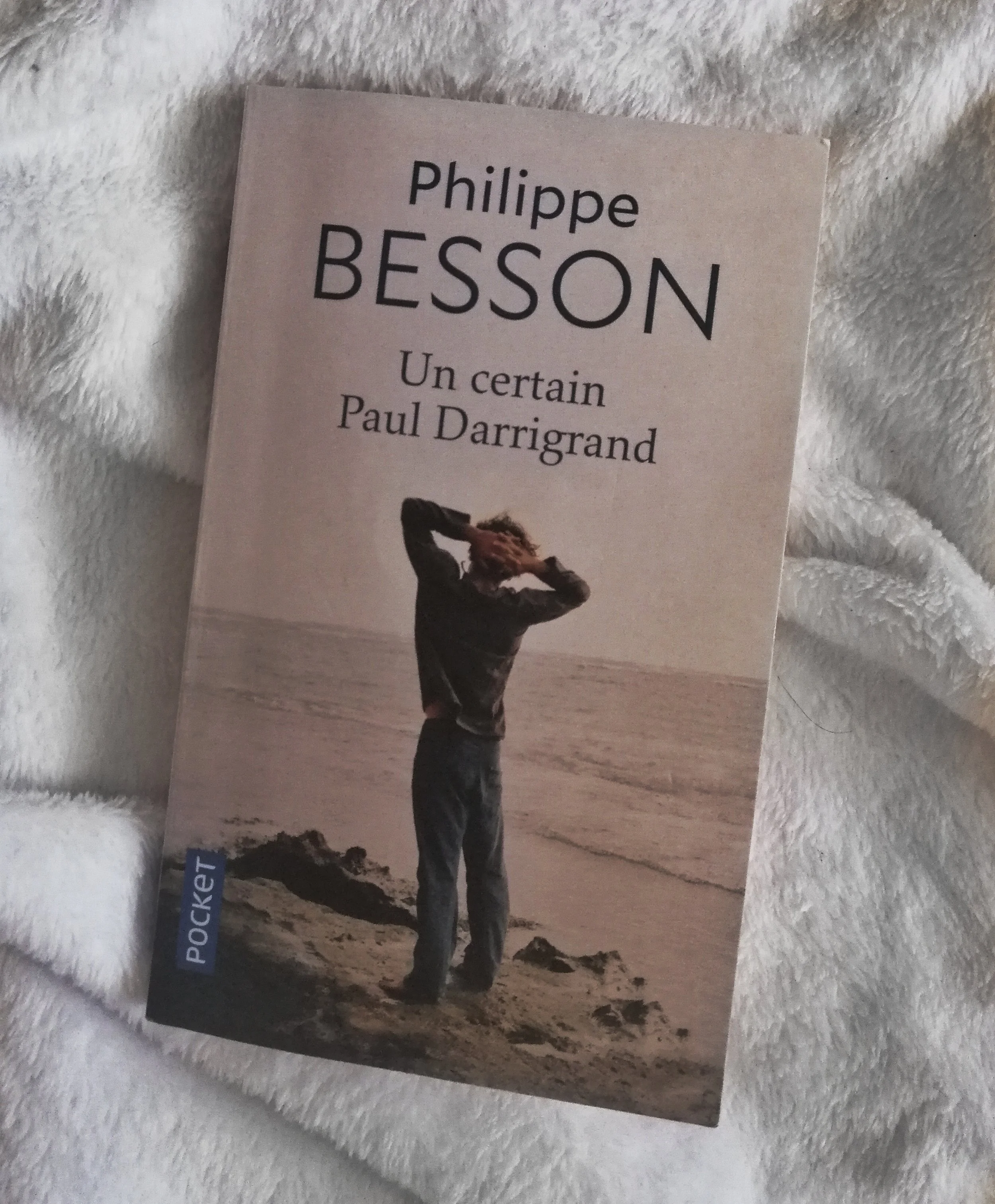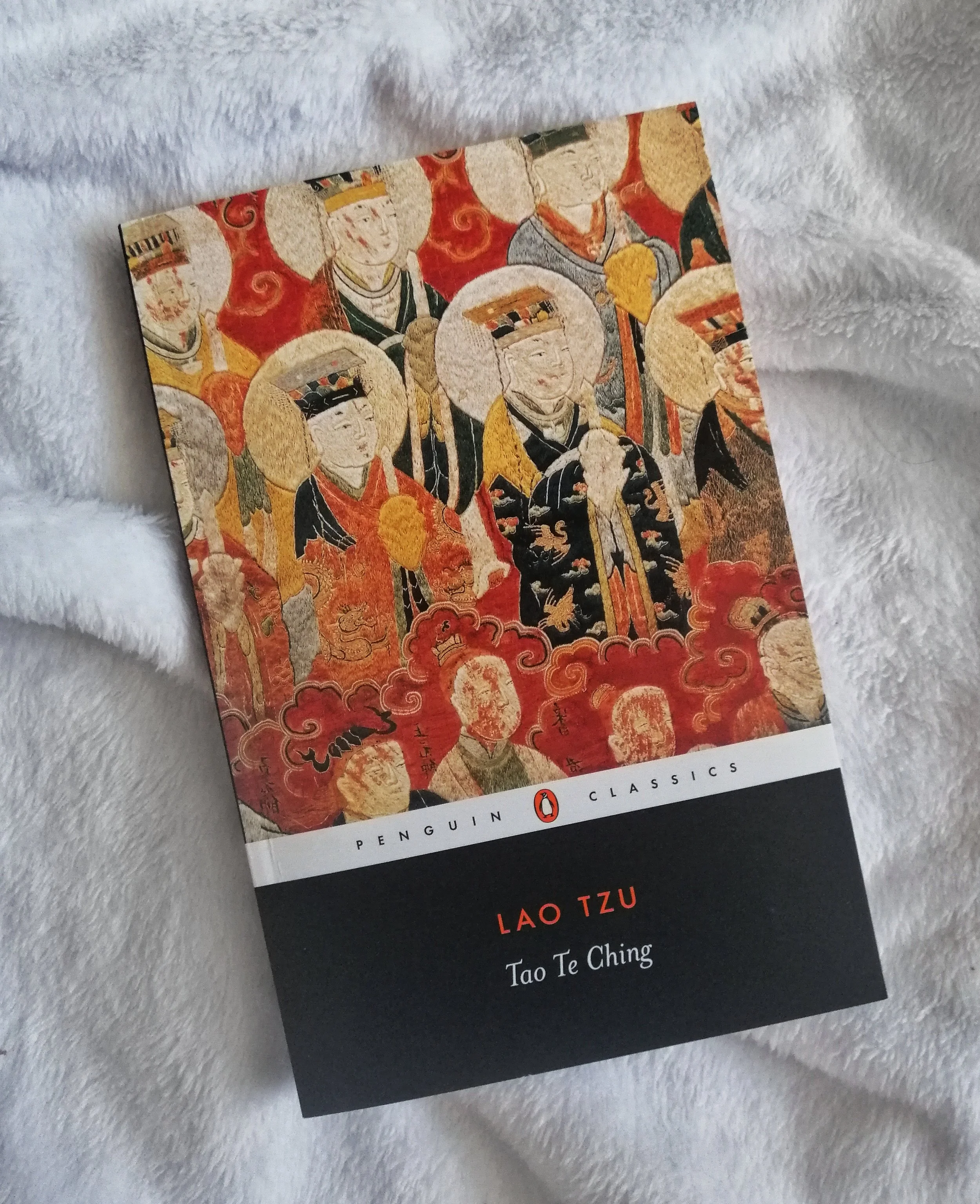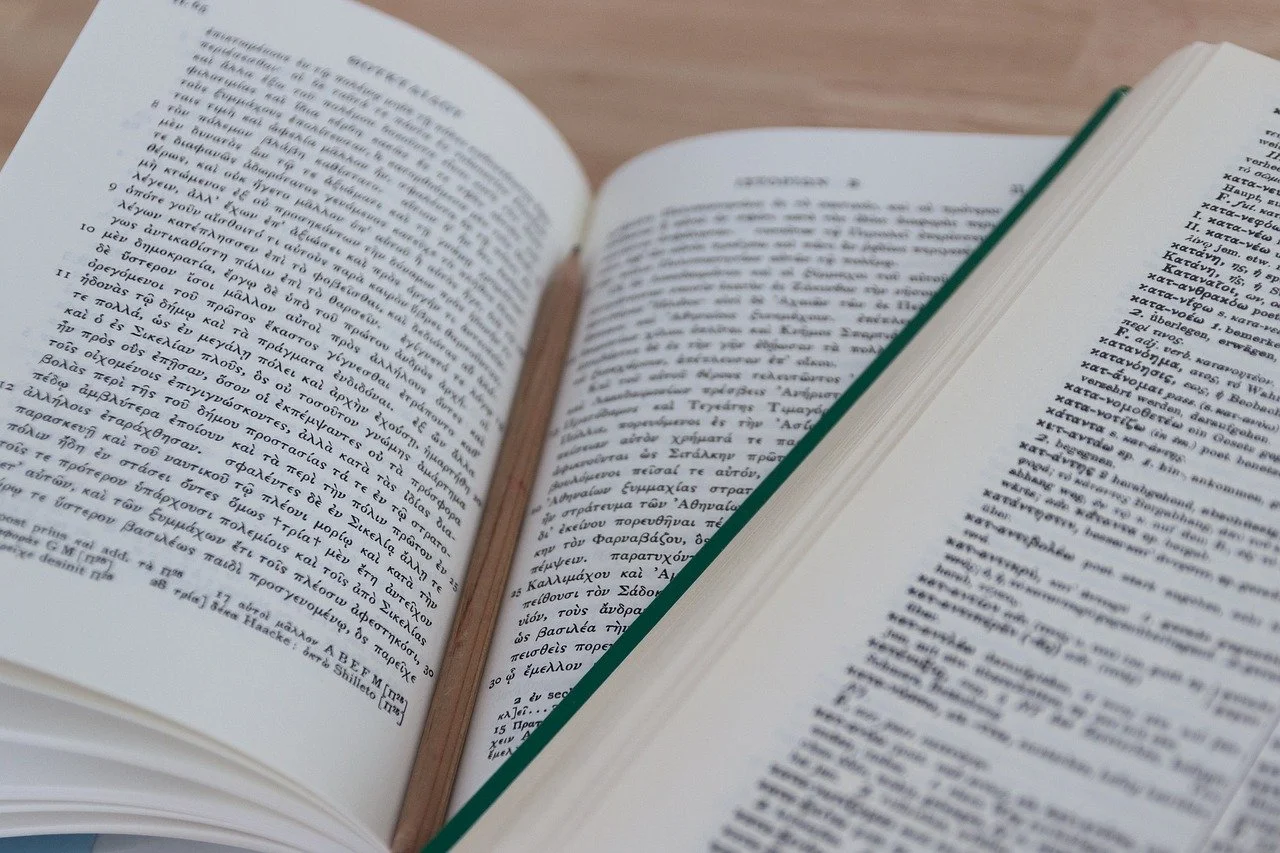Is Translation Ever True?
Google Translate. (Image credits: pixabay)
A few weeks ago, I was left with a problem whilst translating a passage of Philippe Besson’s Un Certain Paul Darrigrand from French into English. There was a paragraph within the French text that specified the use of vous in a conversation between three characters – one of whom was stressing to another the collective sense of the word. And I found myself stumped. How, after all, was I to translate the concept of vouvoyer to an English audience? There is in English no translation for the formal you that is still found in every European language; translating what has no English equivalent appears, in this case, to be an impossibility without further explanation, or changing the text.
Philippe Besson’s Un Certain Paul Darrigrand. (Image credits: Dion Everett)
Habitually, the monolingual English culture does not research beyond the initial read of any translation put to them; texts are written in English, and if they are not, they can be consumed in English with ease. It is rare to come across a modern text without an English translation available, and where one is, it is also rare for readers to seek and attempt to consume the text in its original form. This is not a criticism, but there is a certain sense of disregard for the effect that a translation can have on the meaning of the original work.
To translate is to recreate, but what constitutes an accurate translation, and where is the line over which it crosses into the world of derivative?
In 1996, B. Bolsen at the Newton Centre in Massachusetts compiled a document consisting of eight different English translations of the philosophical text Tao Te Ching/Dao De Jing, originally written in Classical Chinese by Laozi. The aim of this project was to show how the variable translations present “a variety of depictions of the very thought of Lao Tzu [Laozi] – that with each translation there rests a different philosophy.” And he’s right. Upon reading the first page, one can already determine that that which has been captured from the original differs depending on the choices made by each translator. Why, for instance, do Hendricks and Lau translate the word Tao as “way”, whilst Wu and Chan leave it as Tao? Is way too simple a word to encompass the concept laid out by Laozi under the word Tao, or does it do the job well enough? Part of the issue with translation lies here: purpose, intention, and personal choice. Often, some abstract idea of the translator’s method and purpose is laid out within a Translator’s Note at the beginning of a translated text, but an overarching method does not offer an explanation for each individual word choice and, for the reader unfamiliar with the original language, there is no way of knowing whether the translator’s choices are “good” or not.
Lao Tzu’s Tao Te Ching. (Image credits: Dion Everett)
The wonder and difficulty of language is that structures, concepts, and cultures vary wildly from country to country, language to language, place to place. What makes sense in English may be unknowable in Russian; a German phrase lies in the realm of the untranslatable; the very essence of writing in East Asian literature is often unknowable to the European reader. As any good bi- or multilingual knows, understanding a text is very different from translating it, and translating often proves an exercise in frustration, as the words that feel magic in one language fall flat in another. As well as this, some translators may make the translation with their audience heavily in mind, rather than the original contents of the text.
A good example of this is Ezra Pound and his translations of Cavalcanti’s sonnets, wherein Pound’s language and structural choices stray so far from Cavalcanti’s original works that they threaten to stray into the realm of derivative work rather than genuine translation. Of particular note here, is that Pound commits to the use of language traditionally associated by the English with sonnets – Shakespearean sounding, filled with thous and thys and personified concepts of Grief, Love, and Mercy. As well as this, Pound commits to the traditional sonnet structure, negating as he does any choices made by Cavalcanti to stray from this tradition. Is the general idea of the poem still there for the English reader? Yes, technically, but in a very different form to that which will be consumed by the Italian reader with its personal tu and tuo, and un-personified emotions.
Does this make the text a bad translation? Personally, I would conclude that it does. The transference of an idea is not enough for a translation to be accurate, or for a translation to be good. The role of a translator is not to build on the work that they are translating, but rather to recreate the work in a readable fashion in the target language whilst remaining as close to the original prose as possible. Structural choices are made by authors for a reason; it should be assumed that nothing is accidental, and therefore that to change that is for the translator to decide that they know better than the original author. Author voice, I believe, should be retained in the exchange of language, and when that is lost, the work is no longer the same. The result then becomes a derivative piece.
Whilst translation may achieve the highest level of accuracy possible, there is a sense that it will never truly capture every nuance of the language and culture from which it is being translated, and that some of the target language’s culture will slip in no matter how hard one tries to keep it out. It’s an inevitability. One method of keeping readers aware of this, which is commonly used in ancient text translations, is that of a commentary or footnoting. The use of these techniques enhances the accuracy of the translation, as they explain the ever-elusive quirks of the language to the reader. If we take my above conundrum of explaining vouvoyer to an English reader, the problem becomes far easier to solve if I elect to footnote the word you and explain there the very concept which I am unable to accurately translate in prose. Given that we already do this for ancient texts to increase both their accuracy and our understanding, does it not make sense to do the same for modern texts? The issues we face in modern languages are often the same, and I for one would prefer to know when I am missing something significant that the author intended for the reader to find.
Translation may achieve the highest level of accuracy possible. (Image credits: pixabay)
But let’s revisit the original question. Can a translated text ever be fully accurate to the source material? A translation, by its very nature, is an extended compromise between two warring sets of vocabulary, grammar rules, and cultural nuances. Is there a point at which this battle is not waged, and each faction falls into a merry agreement? In my opinion, it depends. The trouble is that, oftentimes, authors like to be clever. Take, for example, René Char, a self-proclaimed devotee to words whose poetry is filled with “circles of connotations which never come completely to rest” and whose “words do not have single denotational meanings”3. This then begs the question of whether or not it is really possible to translate a text accurately, when language is so filled with double meanings. I certainly felt, upon reading Worton’s translation, that he had done an admirable job with Char’s work, but that there was something missing in the translation. That thing is Char’s wordplay. That thing is the nuance of the original language that it is not possible to translate into a new one. But, as I said, even though a translated text may never quite capture exactly that which the original holds, an accurate translation is possible between most languages if the audience is willing to commit to consuming concepts with which they are unfamiliar.
The French have different words for something translated into and from one’s native language – version and theme respectively. I find this a fascinating thing, since in English, we just have one, but the more I think on it, the more I understand the significance of the difference between the two. To translate into a language is to add some of that language’s culture. To translate from a language is to remove some of that language’s culture. The cultural quirks ought not be sanitised for their new audience – and the act of omitting cultural quirks is one of sanitisation for its new audience – which defeats the point of reading altogether. After all, what is literature without its language, and what is language without its culture?



